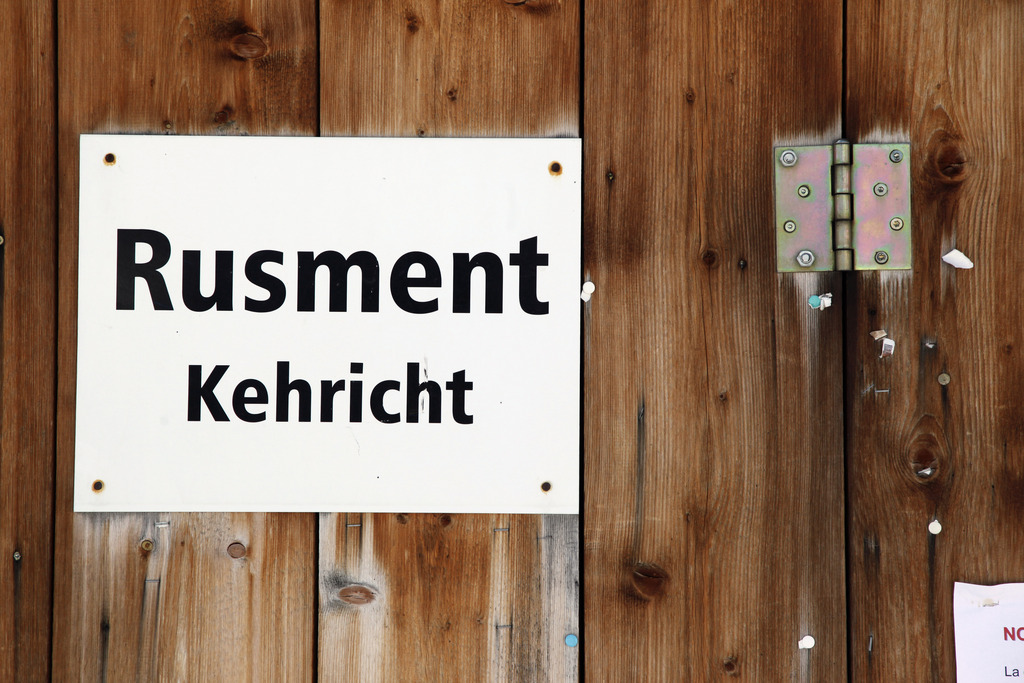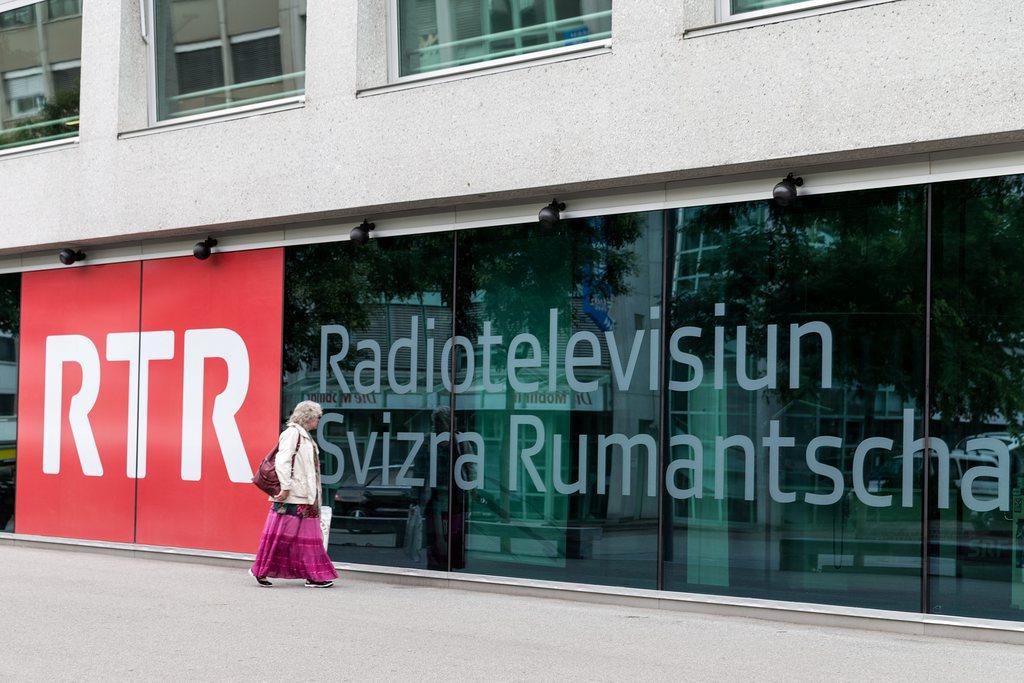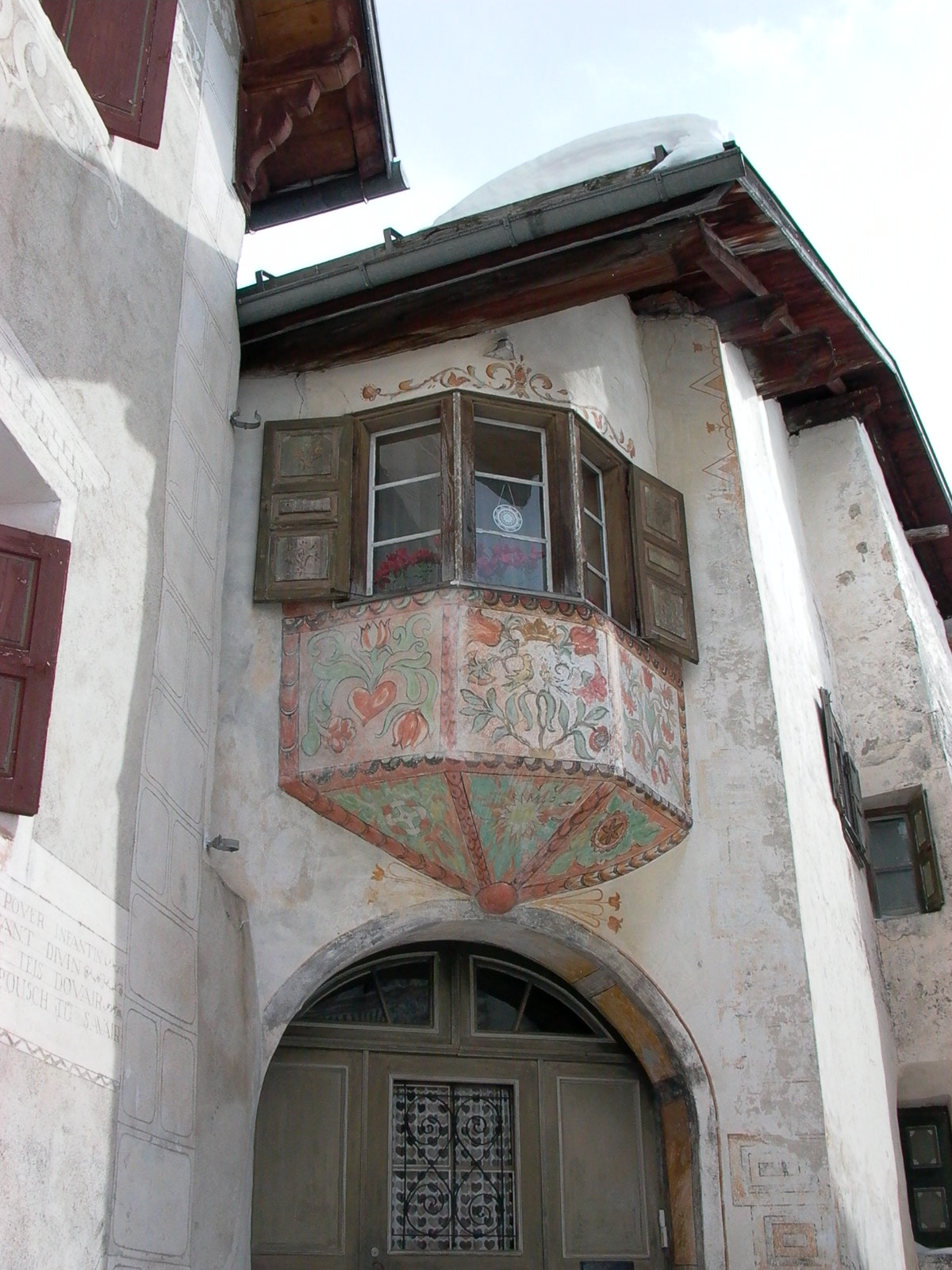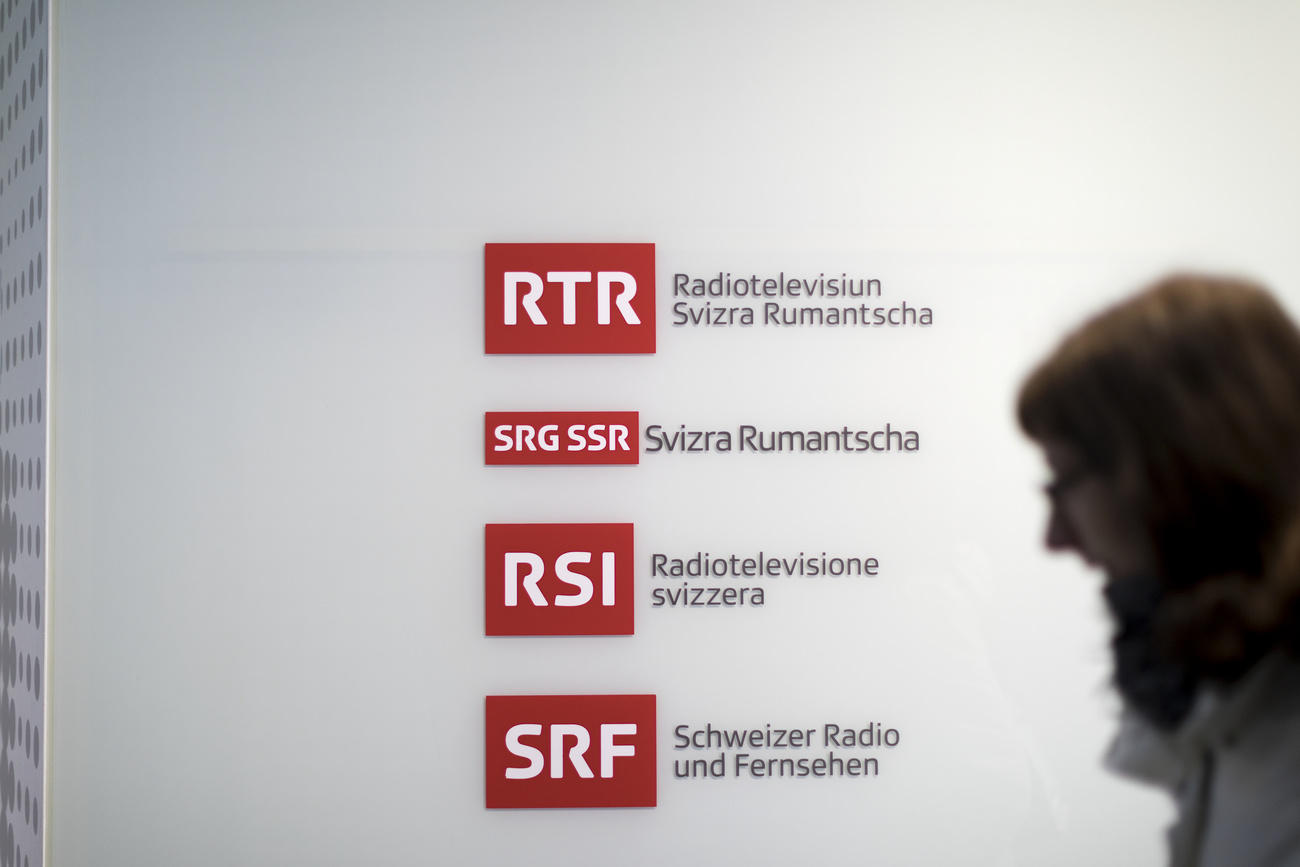Reports of death of minority language greatly exaggerated

Tough times for Romansh, Switzerland’s least-spoken national language. Not only is the Romansh chair at the University of Zurich under threat, but the official umbrella organisation complains that the language has been ignored by the national broadcaster. Just how serious is the situation – and what can be done?
“Swiss language patriots up in arms – Romansh judged too expensive” was the headlineExternal link in Zurich’s Tages-Anzeiger on September 9. The paper revealed that the federal technology institute ETH Zurich had decided to stop contributing money towards a Romansh chair at the University of Zurich.
“A narrow-minded decision by a great institution which is betraying its own tradition on cultural issues regarding language,” Clà RiatschExternal link, the professor who currently holds the 50% position, told swissinfo.ch.
ETH Zurich has contributed CHF100,000 ($102,000) a year to the position since 1985 but has said it will stop doing so at the end of 2018.

More
Romansh culture as you’ve never seen or heard it
“They say it’s due to cost saving, but they’re saving less than a ten-thousandth of their annual budget,” said Riatsch, who is retiring at the end of 2017.
Romansh community
Up to 60,000 people say they speak Romansh regularly (0.7% of the Swiss population), with about half of those saying it’s the language they speak best. Virtually all of them live in Graubünden, in eastern Switzerland, the only canton where Romansh has official status.
Romansh is thus a member of a small group of linguistic communities that form no majority in any country but whose language has official status in at least one country. Others include Tamil, Afrikaans, Catalan, Welsh and Maori.
However, as there is no university in Graubünden, anyone wanting to study the language at a high level – whether to become a teacher or work in the local government or media – has to go to Zurich or Fribourg, the only other university course in Switzerland.
“Both chairs are 50% and I hope we can keep them because a language that is no longer studied and taught at university level will drop to a local dialect. That’s why having a professor is extremely important for us,” Johannes Flury, president of Lia RumantschaExternal link, an umbrella organisation which works to maintain and promote Romansh, told swissinfo.ch.
“For a long time Zurich has been a sort of home university for people from Graubünden – that’s why it had a Romansh chair.”
Zurich is home to around 1,000 Romansh-speakers, making it the largest Romansh community outside Graubünden.
‘Good status’
But for Flury, “almost more important than the CHF100,000 is the symbolic aspect – ETH Zurich cutting its funding also says something about the status of Romansh in the academic world”.
On October 5, the Swiss Broadcasting Corporation’s Tagesschau news programme reported on the latest multilingualism statistics in Switzerland but had failed to mention Romansh.
Lia Rumantscha took the issue to the SBC ombudsman for German-speaking Switzerland, saying this was justified because the Tagesschau report had failed to fulfil the demands set out in the federal radio and television law.
THE SBC replied that the Tagesschau report had focused on one aspect of the report by the Federal Statistical Office, namely the shift in Switzerland’s main languages. It pointed out that since 1970 and 2014 there had been no significant change regarding Romansh. This was why Romansh was not mentioned.
The SBC acknowledged, however, that it could have mentioned this omission.
And also in the media. Lia Rumantscha is not happy with the “Tagesschau” news programme, produced by the Swiss Broadcasting Corporation, swissinfo.ch’s parent company (see box).
For his part, Martin Candinas, a Romansh-speaking member of the House Representatives, feels Romansh has the support of politicians and the public.
“Romansh enjoys a good status. People are proud that Switzerland is quadrilingual,” he told swissinfo.ch. “But it’s clear that we have a small audience – you can’t make money with this language and therefore you need state support.”
As for the wider challenges of keeping Romansh alive and whether the government should do more, Flury says one of the problems is that the government channels its support solely through Graubünden.
“That was justified and a good thing so long as the majority of Romansh speakers lived in Graubünden. But now that almost half of Romansh speakers no longer live in traditional Romansh areas, the valleys, we have to find ways for how the government can support the language not only via Graubünden but also directly,” he said.
“That could mean the government also supporting other cantons to open bilingual schools or schools in cities with an optional Romansh class.”
Survival
Candinas said he was “seriously disappointed” by ETH Zurich’s decision and asked the cabinetExternal link whether it supported the institute’s decision to cut its funding.
In its response, the cabinet said “a secondary school education programme in Romansh language and literature is of central importance for the maintenance and promotion of the Romansh language and culture”, adding, however, that it “respects the decision which ETH Zurich has adopted within the framework of its legally granted autonomy”.
Education in Switzerland, including study programmes at universities, is a cantonal matter. That said, the government contributes just under CHF5 million a year (2016: CHF4,857,200) to Graubünden for the preservation and promotion of Romansh, which as a national language (like German, French and Italian) is protected by law.
The cabinet said that given its constitutional mandate to promote the national languages and understanding between the linguistic communities, it was prepared, if necessary, “to act as a coordinator between the cantons concerned, the universities and higher education institutions in order to ensure that a suitable university education programme can be provided in the future”.
“Romansh will survive,” said Candinas. “It’s always existed and it will continue to exist, but the biggest challenge for us is migration away from Romansh-speaking areas. How do we maintain Romansh outside the traditional regions over generations?”
Flury points out that the number of Romansh speakers was not actually dwindling, “but because the Swiss population is growing, the percentage of Romansh speakers is going down”.
And what are his thoughts for the future of Romansh? Is he concerned? Confident?
“I’m concerned and confident! I’m concerned about developments in Alpine areas. I’m confident when I look at how many people, including young people, use this language. Romansh will definitely outlive me!”
University chair
Only 12 students are enrolled on the Zurich course, which can be studied at a Bachelors and Masters level although not as a main subject. Some people say the CHF100,000 could be better spent elsewhere. Unsurprisingly, Riatsch disagrees.
“If you take student numbers as the sole criterion for distributing university funds, it would lead to a drastic reduction in the diversity of subjects. But some people like to keep things simple…” he said with a smile.
Flury at Lia Rumantscha pointed to the small number of positions open for graduates of Romansh and said that if the university produced 12 graduates a year, some people would accuse them of producing a surplus of academics – not too few.
“Romansh is a so-called orchid subject [i.e. exotic], but Switzerland has recognised it as a national language and the number of students should not be the primary factor,” he said.
In response to the outcry, ETH Zurich said on September 15 it would reconsider its plan to cut funding.
Nathalie Huber, a spokeswoman for the University of Zurich, told Swiss public radio, SRF, on October 3 that they were still looking for a replacement for ETH Zurich and were approaching various parties.
“But it’s clear that the position will be filled. Romansh is an important language, a national language. [Filling the position] won’t fail for lack of money,” she said.

In compliance with the JTI standards
More: SWI swissinfo.ch certified by the Journalism Trust Initiative








You can find an overview of ongoing debates with our journalists here. Please join us!
If you want to start a conversation about a topic raised in this article or want to report factual errors, email us at english@swissinfo.ch.